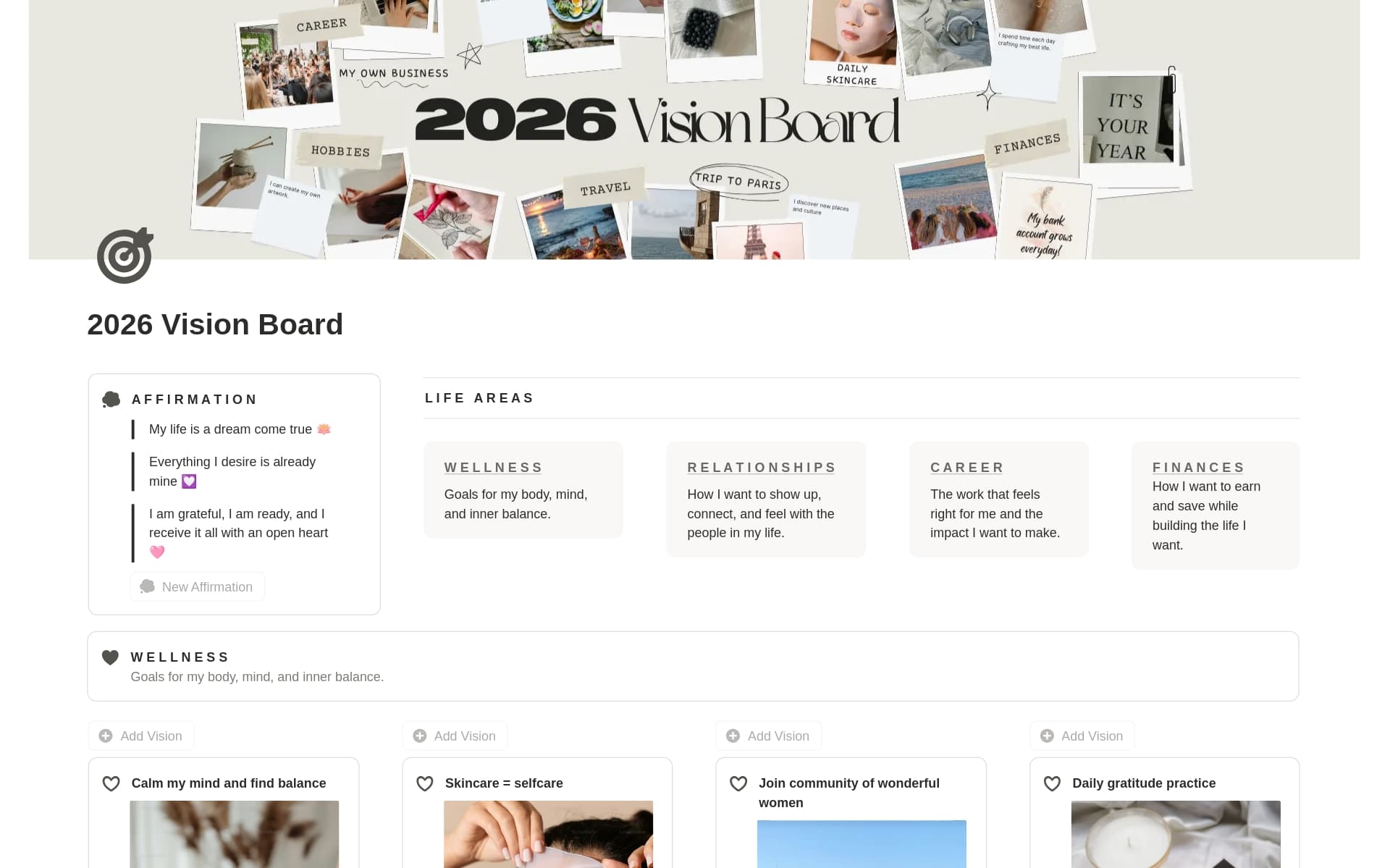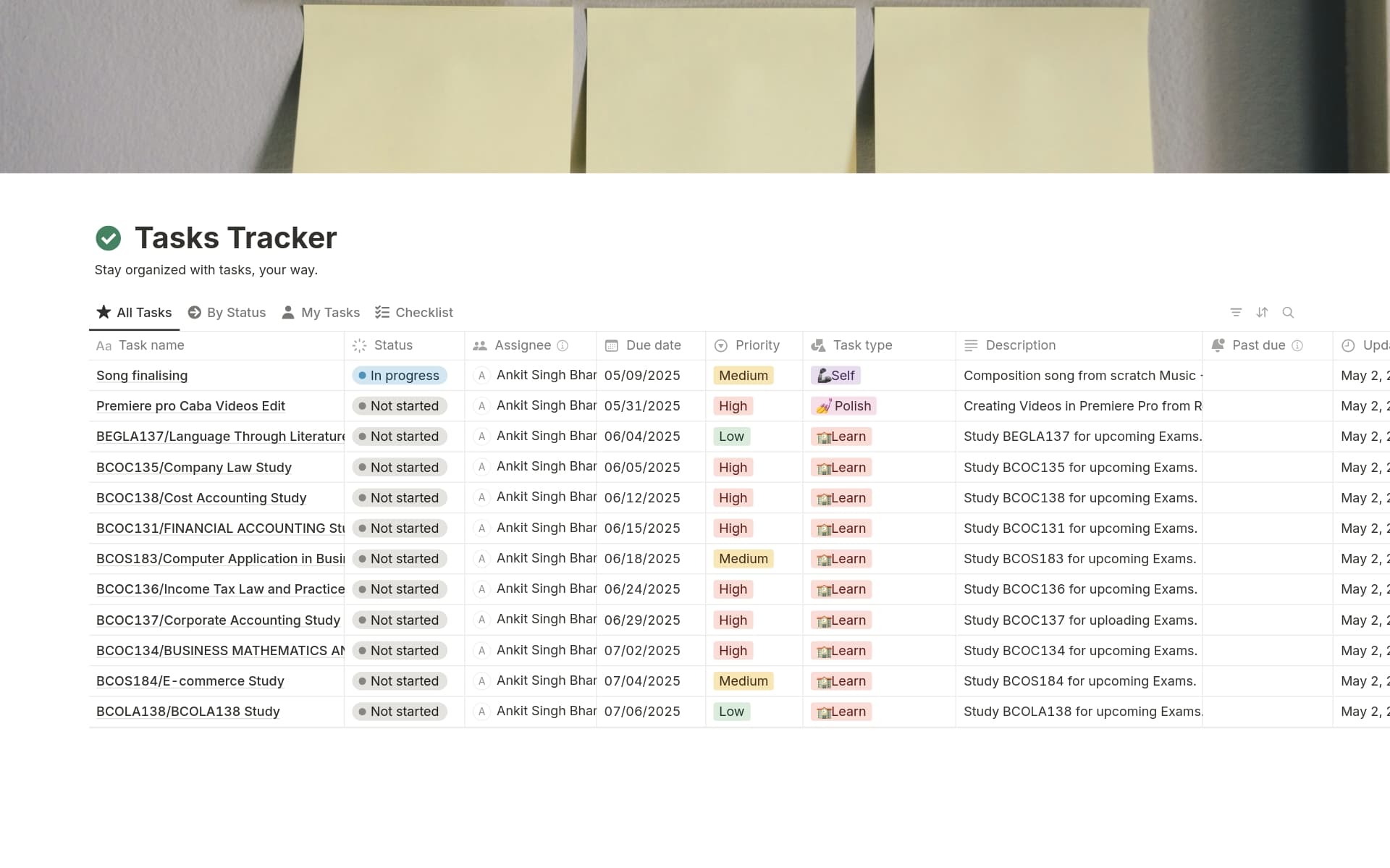A Pitch Deck is a brief presentation often used by entrepreneurs to provide an audience with a quick overview of their business plan. It is especially useful during face-to-face or online meetings with potential investors, customers, partners, and co-founders. Utilizing a Pitch Deck template through Notion can simplify the process of organizing and presenting your ideas clearly and effectively, by providing a structured format that covers all necessary aspects of your business idea.
Before you start crafting your own Pitch Deck, it’d be beneficial to explore the following templates designed to streamline this essential task.
What Should Pitch Deck Templates Include?
Choosing the right pitch deck template can significantly impact how effectively you present your startup to potential investors. Here are key components to look for in a high-quality template:
Clear Value Proposition: Ensure the template dedicates a slide to clearly outline the value your business offers. This is crucial for capturing investor interest quickly.
Market Analysis: A good template should include a section for detailed market analysis, demonstrating that there is a demand for your product or service.
Revenue Model: Look for a template that allows you to clearly explain how your business will make money, including pricing strategies and sales forecasts.
Competitive Analysis: The template should have a slide for competitive analysis, showing your knowledge of the market landscape and how you plan to excel.
Selecting a template with these components will help ensure that your pitch is both comprehensive and compelling, making a strong case to potential investors.
What Should Pitch Deck Templates Avoid?
Choosing the right pitch deck template is crucial for making a compelling presentation to potential investors. However, some elements can detract from your message if included in the template.
Overly Complex Designs: Templates with too many design elements can be distracting. Opt for simplicity to keep the focus on your content and message.
Excessive Text: Avoid templates that encourage a lot of text on each slide. Investors prefer concise, impactful points rather than reading through dense paragraphs.
Generic Images: Steer clear of templates that use generic or irrelevant images. Custom graphics that are directly related to your business can make a stronger impact.
Remember, the best template enhances your content without overshadowing it. Choose a template that aligns with your brand and communicates your message clearly and effectively.




